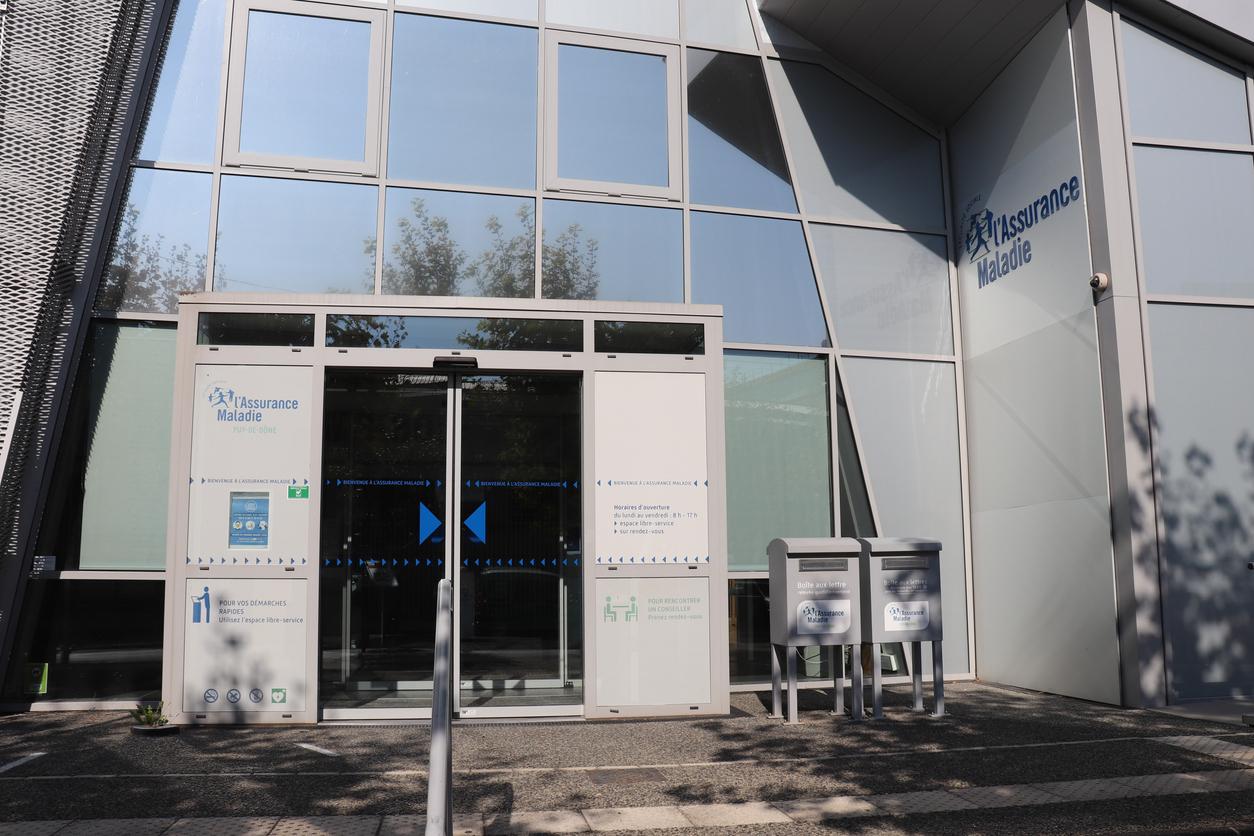Dispensing fees (delivery of drugs), collected by pharmacists, will increase on January 1, 2019 and complementary health insurance will not necessarily cover the difference.

A reform voted in 2017 comes into force from next January 1 and it concerns all French people: the price of drugs could increase. The Parisian reveals that dispensing fees, collected by pharmacists when dispensing drugs, will change and not all complementary health insurance will cover the increase.
Some medications could cost you more in January https://t.co/SkugtDAXhT #Rediff
– The Parisian (@le_Parisian) November 26, 2018
class=”apple-converted-space”>
A fee introduced in 2015
Dispensing fee was introduced on January 1, 2015 and set in 2016 at €1.02 per box of medicine. He pays the pharmacist for dispensing the product and for the advice he provides. It makes it possible to compensate for the reduction in the price of drugs desired for several years by the government. 65% of this sum is covered by health insurance and the rest is financed by complementary health insurance.
Not all mutuals will reimburse
On January 1, 2019, the dispensing fee will change depending on the type of drug, but complementary health insurance will not always bear the difference. Philippe Gaertner, president of the Federation of Pharmaceutical Unions of France, explains to the Parisian : “if their contracts do not provide for reimbursement of drugs at 15% or 30%, complementary health insurance will not participate in the pharmacist’s fees”.
The only part that will still be reimbursed will be that covered by health insurance, ie two-thirds of the dispensing fees. If the mutual does not finance the rest, it will be up to the patient to pay it.
A complex system
Dispensing fees are only applied when a patient requests reimbursement. For some drugs, they could reach 4 euros. To save money, it will be better not to ask for reimbursement, but in this case, the pharmacist will not receive his fees.
PFor example, the sleeping pill Stilnox now costs €3.09. It is reimbursed at 15% by Health Insurance, the patient must therefore pay 2.63 €. With the reform, the remuneration of the pharmacist will be €4.08: the drug will still cost the patient €2.63 but €1.36 will have to be added, the part of the dispensing fee not covered. The drug reimbursed will cost €3.99, while without reimbursement its price is €3.09.
For the moment, the list of the drugs concerned has not been made public. This increase will not be the only one, dispensation fees are expected to increase again in January 2020.
.

















